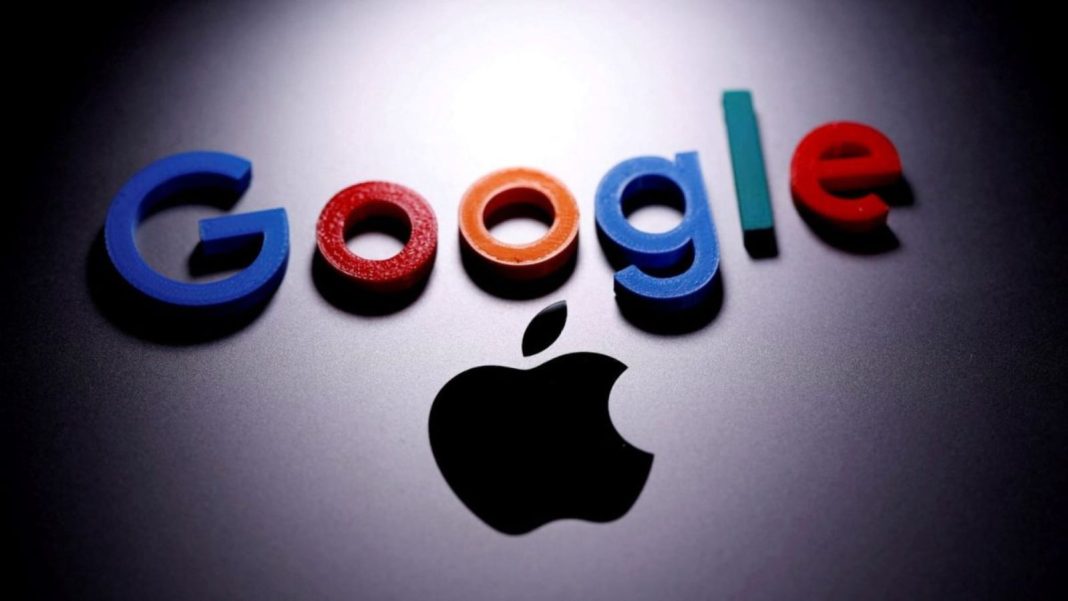The landscape of artificial intelligence is experiencing unprecedented dynamism, with tech giants vying to offer the most sophisticated experiences. In a development that has sent ripples across the global tech community, a recent report from Bloomberg indicates that Apple is in discussions with Google to license the latter’s Gemini AI models. This potential collaboration could see Google’s advanced generative AI power a significantly revamped version of Siri, Apple’s long-standing virtual assistant, bringing a new dimension to how users interact with their devices.
For years, Apple has prided itself on its vertically integrated approach, developing most of its core technologies in-house. However, the rapid ascent of large language models (LLMs) and generative AI, spearheaded by companies like OpenAI and Google, has evidently prompted a strategic re-evaluation. If these discussions materialise into a deal, it would mark a profound shift in Apple’s AI strategy, potentially offering iPhone users a more capable, contextual, and conversational Siri, aligning it with the cutting-edge AI assistants now available across various platforms.
The AI Arms Race Heats Up: A Strategic Alliance?
Apple’s traditional approach to AI has largely focused on on-device processing, prioritising user privacy and performance without heavy reliance on cloud services. While this has served them well for tasks like image recognition and voice dictation, the advent of sophisticated generative AI models capable of complex reasoning, content creation, and nuanced understanding has presented a challenge. Competitors have rapidly integrated powerful LLMs into their products, raising user expectations for what an AI assistant can achieve.
Google, with its extensive research and development in AI, particularly with its Gemini family of models (Gemini Pro and Gemini Ultra), has emerged as a frontrunner in the generative AI space. Licensing Gemini would provide Apple with immediate access to state-of-the-art AI capabilities, allowing them to rapidly enhance Siri without the years of intensive foundational research required to build a comparable model from scratch. This partnership, if confirmed, would be a pragmatic move to bridge the gap and ensure Siri remains competitive in an increasingly AI-driven world.
The potential alliance is not without precedent. Apple previously relied on Google for powering Safari’s default search engine, demonstrating a willingness to partner when it offers a superior user experience. This time, the stakes are higher. Integrating Gemini could transform Siri from a reactive command processor into a proactive, intelligent conversational agent capable of understanding complex queries, generating creative text, summarising information, and performing multi-step tasks that require deep contextual awareness. For the Indian market, where the adoption of advanced smartphone features is rapidly growing, a smarter Siri could significantly enhance the utility of Apple devices, especially if it leads to improved understanding of diverse Indian languages and local contexts.
Redefining Siri: Impact on Users, Privacy, and the Indian Market
The prospect of a Gemini-powered Siri opens up a world of possibilities for users. Imagine a Siri that can not only answer factual questions but also draft emails, summarise lengthy articles, or even brainstorm ideas for presentations, all with a more natural and human-like interaction. This leap in capability could fundamentally change how millions of Apple users globally, including the growing number in India, engage with their devices, making their iPhones and other Apple products even more indispensable tools for productivity and personal assistance.
However, such a significant collaboration also brings critical considerations, especially regarding data privacy—a cornerstone of Apple’s brand identity. While Apple is expected to implement robust privacy safeguards, the fact that user data for cloud-based AI processing would pass through Google’s models raises questions. How will Apple ensure that user data remains secure and private, aligning with its strict privacy policies? This will be a key area of focus for users and regulators alike, particularly in India, where data protection awareness is on the rise and the proposed Digital Personal Data Protection Act (DPDP Act) highlights the importance of user consent and data handling. Addressing these concerns transparently will be crucial for user trust.
“This move, if confirmed, signals Apple’s pragmatic recognition of the rapid advancements in generative AI,” says Dr. Priya Sharma, a Bengaluru-based AI Ethicist and Tech Analyst. “While a surprising partnership given their rivalry, it underscores the intense pressure tech giants face to deliver cutting-edge AI experiences. For Indian users, it could mean a significantly more capable Siri, especially if it enhances local language understanding, which Google has invested heavily in. The challenge for Apple will be to integrate this power while maintaining its stringent privacy standards, which are highly valued by Indian consumers.”
The partnership could also intensify competition in the voice assistant market. A more intelligent Siri would put pressure on Amazon’s Alexa and other AI assistants to further innovate, ultimately benefiting consumers through improved offerings. For India, a market where voice search and vernacular content are gaining immense traction, a Siri with enhanced understanding of local languages and cultural nuances, potentially powered by Google’s expertise in these areas, could unlock new levels of engagement for Apple users, contributing to deeper digital inclusion across the subcontinent.
As the tech world awaits official confirmation, the potential Apple-Google AI partnership stands as a testament to the transformative power of generative AI and the strategic shifts it is compelling even the most entrenched players to undertake. It highlights a future where collaboration, even among competitors, might be essential to staying at the forefront of innovation. The implications for users, the broader tech ecosystem, and privacy frameworks will be significant, shaping the next era of digital interaction for billions worldwide, including the rapidly expanding tech-savvy population of India.
—




